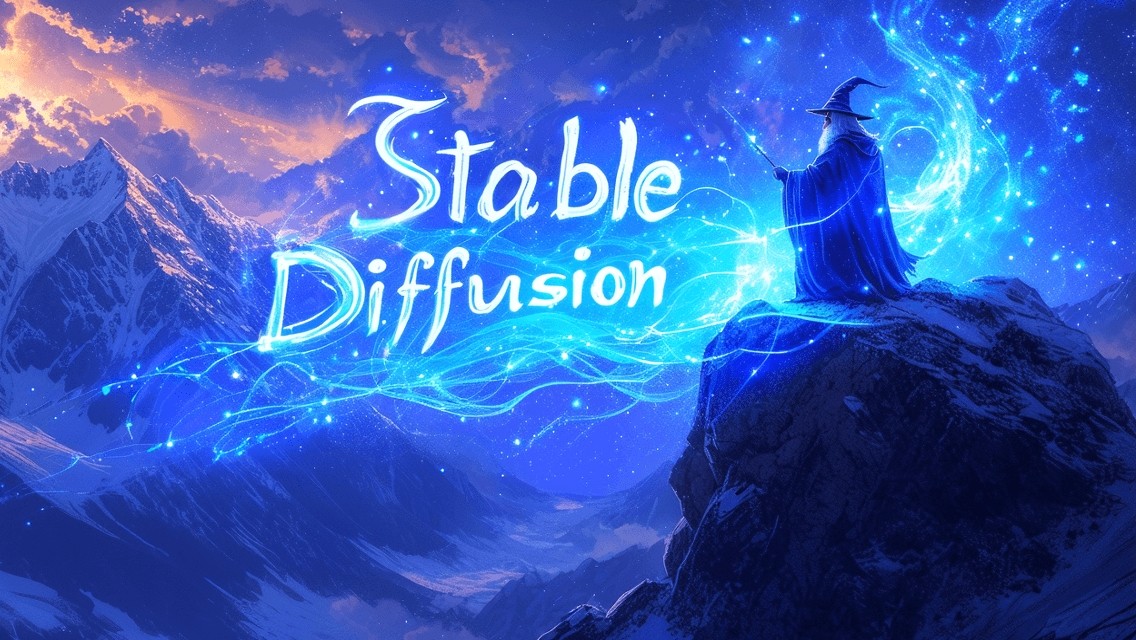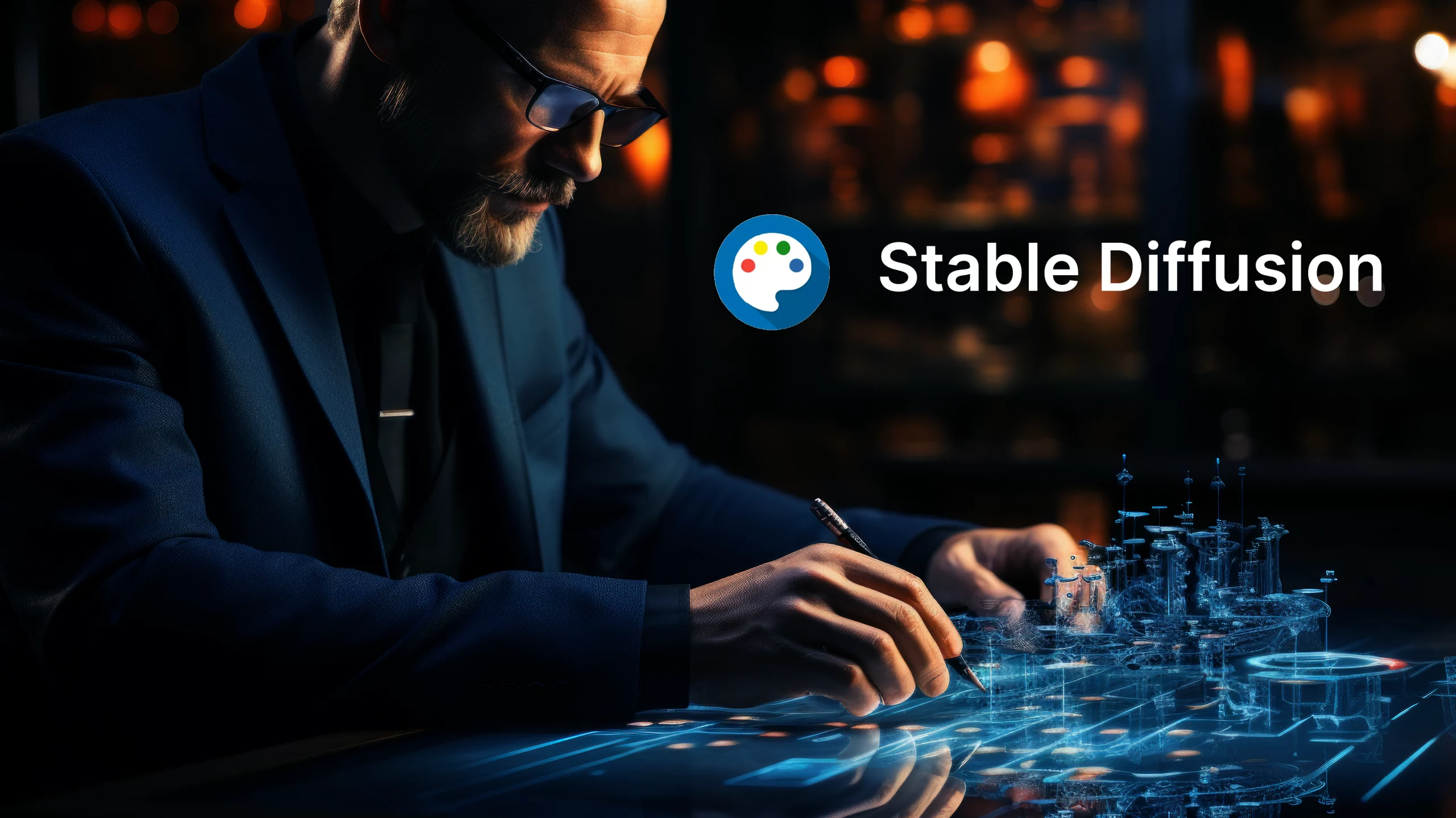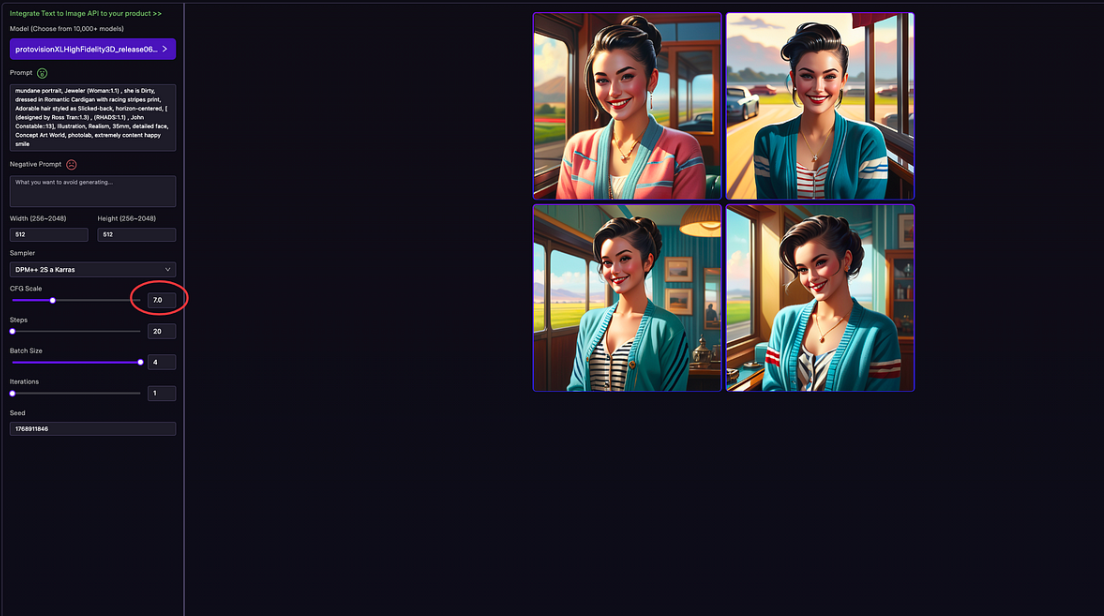Google recently announced that it will cooperate with the Associated Press to build a "real-time information flow" for its Gemini chatbot application. Jafar Zaidi, Google's vice president of global news cooperation, said that the goal of this cooperation is to further enhance the search experience of Gemini users so that users can obtain more timely information.

Zaidi mentioned in a blog post that Google is developing new artificial intelligence products, with a special focus on the types of information that can improve its products and services. He said the new information stream would be particularly helpful for users seeking the latest information. Currently, Zaidi has not revealed when this new feature will be launched in Gemini, nor whether this feature will be displayed to users in all regions where the Gemini app is available.
The partnership between Google and AP is not an isolated phenomenon. In recent years, many artificial intelligence companies have sought cooperation with news organizations to improve the accuracy of their AI technology. For example, OpenAI has partnered with publishers including the Financial Times, Axel Springer, and News Corp. (owner of the Wall Street Journal). Additionally, AI search engine Perplexity has launched a program that allows publishers to earn additional revenue when their content is cited.
Many of these cooperation agreements involve training components. Publishers like Condé Nast have agreed to let AI companies with whom they have licensing agreements train AI models on their archives. While the AI industry views these collaborative arrangements as support for journalism, in reality they are also designed to protect AI companies from accusations of copyright infringement.
However, despite the existence of numerous cooperation agreements, in some cases these agreements have not significantly improved the quality of AI companies’ products. A recent study by Columbia University's Center for Digital Journalism showed that OpenAI's chatbot ChatGPT even misquoted publishers it had agreements with when citing content.
AI courses are suitable for people who are interested in artificial intelligence technology, including but not limited to students, engineers, data scientists, developers, and professionals in AI technology.
The course content ranges from basic to advanced. Beginners can choose basic courses and gradually go into more complex algorithms and applications.
Learning AI requires a certain mathematical foundation (such as linear algebra, probability theory, calculus, etc.), as well as programming knowledge (Python is the most commonly used programming language).
You will learn the core concepts and technologies in the fields of natural language processing, computer vision, data analysis, and master the use of AI tools and frameworks for practical development.
You can work as a data scientist, machine learning engineer, AI researcher, or apply AI technology to innovate in all walks of life.







